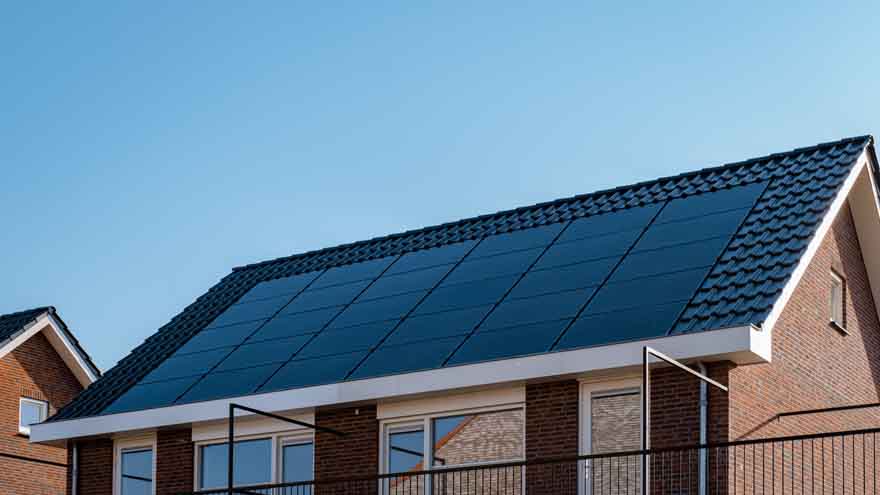Navigating the world of solar energy can be daunting if you are exposed to solar lingo only a few times a week, especially when dealing with technical terms like kilowatts (kW) and megawatts (MW). Understanding these units is crucial for homeowners looking to maximize their solar investment. Want to expand your solar terminology knowledge? Read on for a breakdown of these concepts in a simple and accessible manner.
What is a Kilowatt?
A kilowatt (kW) is a unit used to describe the energy transfer or consumption rate. It represents a thousand watts, which are the fundamental units of power. This measurement is widely used to gauge the energy demands of household appliances and the output capacity of residential solar panel installations. For example, a standard refrigerator might consume anywhere from 100 to 800 watts, while a typical residential solar system could be rated at several kilowatts.
What is a Megawatt?
A megawatt (MW) is a bigger unit of power, equal to 1,000 kilowatts or 1,000,000 watts. People usually use megawatts to measure the power output of big energy systems like solar farms. For example, a 1 MW solar farm can produce enough electricity to power around 200 average homes.
How to Convert Kilowatts to Megawatts
Converting between kilowatts and megawatts is straightforward:
-
- 1 Megawatt (MW) = 1,000 Kilowatts (kW)
- 1 Kilowatt (kW) = 0.001 Megawatts (MW)
To convert kilowatts to megawatts, divide the number of kilowatts by 1,000. Contrarily, to convert megawatts to kilowatts, multiply the number of megawatts by 1,000.
Examples of Kilowatt to Megawatt Conversion
- Residential Solar System
- A typical residential solar system might be rated at 5 kW.
- To convert this to megawatts: 5 kW / 1,000 = 0.005 MW.
- Commercial Solar Installation
- A commercial solar installation might be rated at 250 kW.
- To convert this to megawatts: 250 kW / 1,000 = 0.25 MW.
- Utility-Scale Solar Farm
- A large solar farm might be rated at 10 MW.
- To convert this to kilowatts: 10 MW * 1,000 = 10,000 kW.
Why Understanding Conversions Matters
Understanding these conversions is essential for New Jersey homeowners considering solar energy for several reasons:
-
- It helps you choose the size of your solar system to meet your energy requirements.
- It allows you to compare solar energy solutions and their potential impact on your energy bills.
- Many solar incentives and rebates are based on the size of your solar installation, so accurate measurements are needed to maximize your financial benefits.
Still have questions? Contact our team, and we will help with any questions you may have about solar.

